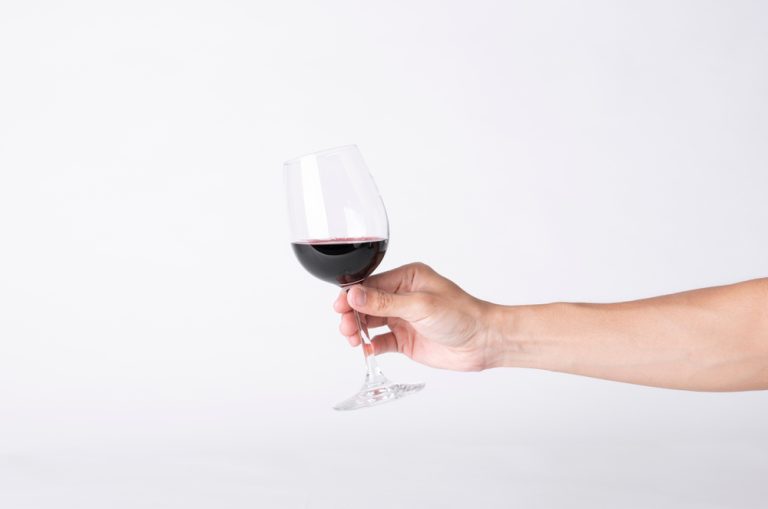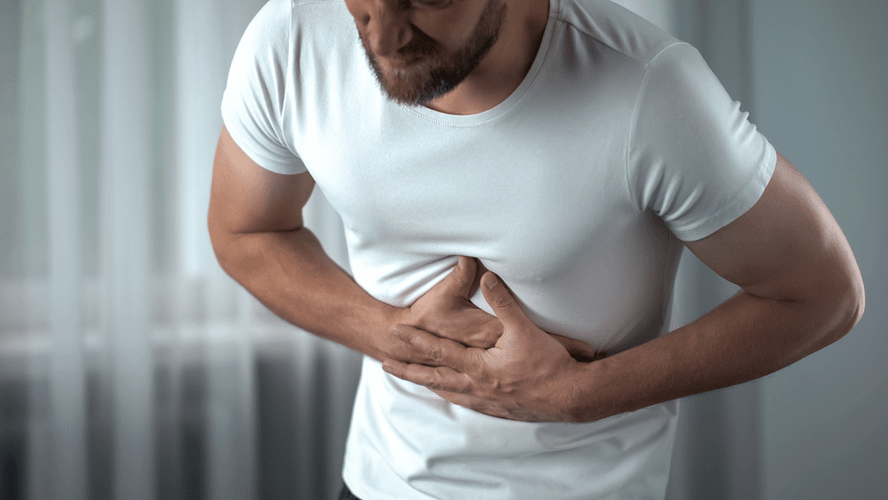How to Stop Alcohol Withdrawal Shakes & Reduce Tremors
Although alcohol will clear the body within a few days, cravings, shakes, and other withdrawal symptoms may linger longer. Once the body is free of alcohol, an individual can begin addiction treatment. Alcohol shakes, or tremors, are common side effects of alcohol withdrawal syndrome. Tremors usually begin after 5-10 hours of your last drink and can last up to 72 hours.
This includes identifying high-risk situations and triggers, such as social events or stressors, and implementing coping skills to navigate them without turning to alcohol. It may involve learning and practicing healthier ways to manage stress, such as engaging in regular exercise, mindfulness techniques, or creative outlets that provide a sense of fulfillment and relaxation. Creating a supportive environment is crucial during the recovery process. Surrounding yourself with a supportive network of friends, family, or support groups who understand your journey can provide encouragement and assistance during challenging times.
What are alcohol shakes?
A drug and alcohol addiction treatment center provides a serene environment where people with addictions can receive proper care and reorientation. One possible symptom is alcohol shakes and tremors, which refers to an uncontrollable shaking or involuntary quivering, commonly in the hands and feet. In addition to alcohol withdrawal shakes and tremors, people may experience anxiety, sweating, agitation, headache, nausea, and vomiting. There are several ways to alleviate symptoms of alcohol withdrawal, including staying hydrated, getting plenty of rest, and eating a healthy diet. Additionally, engaging in relaxation techniques such as deep breathing or meditation can help reduce stress and anxiety, which can worsen withdrawal symptoms.
- Also, many placebo drinkers don’t exhibit the same levels of increased socialization they would if they were drinking actual alcohol.
- Exercising regularly, eating a balanced diet, and managing stress with yoga, meditation, or other relaxation techniques can play an important role in reducing tremor frequency.
- GABA is responsible for calming the nervous system, while glutamate stimulates it.
- Regardless of your drinking habits, whether you classify them as long-term daily use, binge drinking, or otherwise, it’s always recommended to check in with a professional.
- Make an appointment to ask for medical advice from any health care providers you’re in regular contact with, George Koob, PhD, director of the National Institute on Alcohol Abuse and Alcoholism (NIAAA), tells SELF.
- That’s why some who regularly drink large amounts of alcohol wake up with the shakes and need a drink to “feel steady.” Tremors typically peak 24 to 78 hours after the last drink, but may last for several weeks or longer.
The shakes also called tremors can begin 6-10 hours after the last drink, and tend to be the most pronounced from the last alcohol consumption. There is a strong connection between anxiety and alcoholism, and it should be no surprise to you that anxiety can produce tremors. If you’ve experienced a bout of nervousness, then chances are at one point or another you felt the tremors take ahold of you.
Risks and Dangers of Alcohol Tremors
Being that alcohol shakes are usually tied to alcohol use disorder, most addiction specialists will chart a course of recovery that extends well after the medical detox period. While we’ll address that further down, it’s important to mention that, during detox, the alcohol shakes will usually increase in intensity. Unfortunately, there is no miracle pill or medication that cures alcohol shakes. The shaking from alcohol shaking in itself is indicative of a bigger problem, one that needs to be addressed immediately. The only way to cure alcohol shakes is by going through a medical detox in an Florida inpatient treatment center, abstaining from alcohol, and providing means for the brain and CNS to restore their natural balance. The “shaky hand” phenomenon can be a telltale sign that someone drank the night prior.
Seeking professional help and engaging in a comprehensive treatment program can provide the necessary tools and support to overcome alcohol addiction and achieve a healthier, fulfilling life. The severity and duration of alcohol shakes can vary from person to person. Factors such as the amount and duration of alcohol consumption, individual metabolism, and overall health can influence the intensity of the shakes. In most cases, alcohol shakes typically begin within a few hours to a few days after the last drink and may persist for several days or weeks. Unfortunately, insomnia is a common problem for those in recovery from excessive alcohol use.
Treatment and Information About Alcohol Use Disorder
We also use different external services like Google Webfonts, Google Maps, and external Video providers. Since these providers may collect personal data like your IP address we allow you to block them here. Please be aware that this might heavily reduce the functionality and appearance of our site.
This can also be caused by nutritional deficiencies, which can be rectified by supplementing thiamine. While there is more that goes into aftercare, these two facets of it allow the client to fully mitigate their alcohol shakes. Clinicians, psychiatrists, and the entirety of the licensed medical team will be able to help them with their condition.
Alcohol use disorder and withdrawals
Cutting back on alcohol is a common New Year’s resolution — and studies show that about 25% of people who commit to giving up drinking each year are successful in the long term. The alcohol shakes and other symptoms will be lessened the more you’re able to flush the toxins out of your system. Your sympathetic nervous system deals with responses to stress, which includes things like sweating, increased heart rate, and — you guessed it — shakes or tremors. When you drink alcohol, your body responds by decreasing the number or sensitivity of receptors that bind to the neurotransmitter gamma-aminobutyric acid (GABA).
Alcohol tremors are involuntary shaking/trembling of one or more parts of the body. Alcohol tremors are a response to alcohol withdrawal or alcohol use disorder/alcoholism. Alcohol shakes are typically present in the hands, but they may also appear in the arms or legs.
Some people mistakenly believe that detoxification is all they need to complete in order to live a life in sobriety. For many, addiction begins in the first place by using alcohol as a means to self-medicate depression, trauma, anxiety, or some other live difficulty. Unless the underlying issues that fueled the alcohol abuse in the first place are processed and healed, no one, no matter how much they desire sobriety, will succeed in long-term recovery.
- Factors such as the amount and frequency of alcohol consumption, general health, and genetics can influence the severity and duration of these symptoms.
- You may not need to completely reinvent your life to quit drinking, but making a few changes in your surroundings to help avoid alcohol triggers can make a big difference.
- At The Recovery Village Atlanta Drug and Alcohol Rehab, we offer a whole-person approach using comprehensive care to meet any individual’s situation.
- This stimulation is believed to help with tremors by disrupting the network activity that causes them.
- Now when you believe you are drinking, you expect to feel that way, and in some cases that expectation will become a self-fulfilling prophecy.



